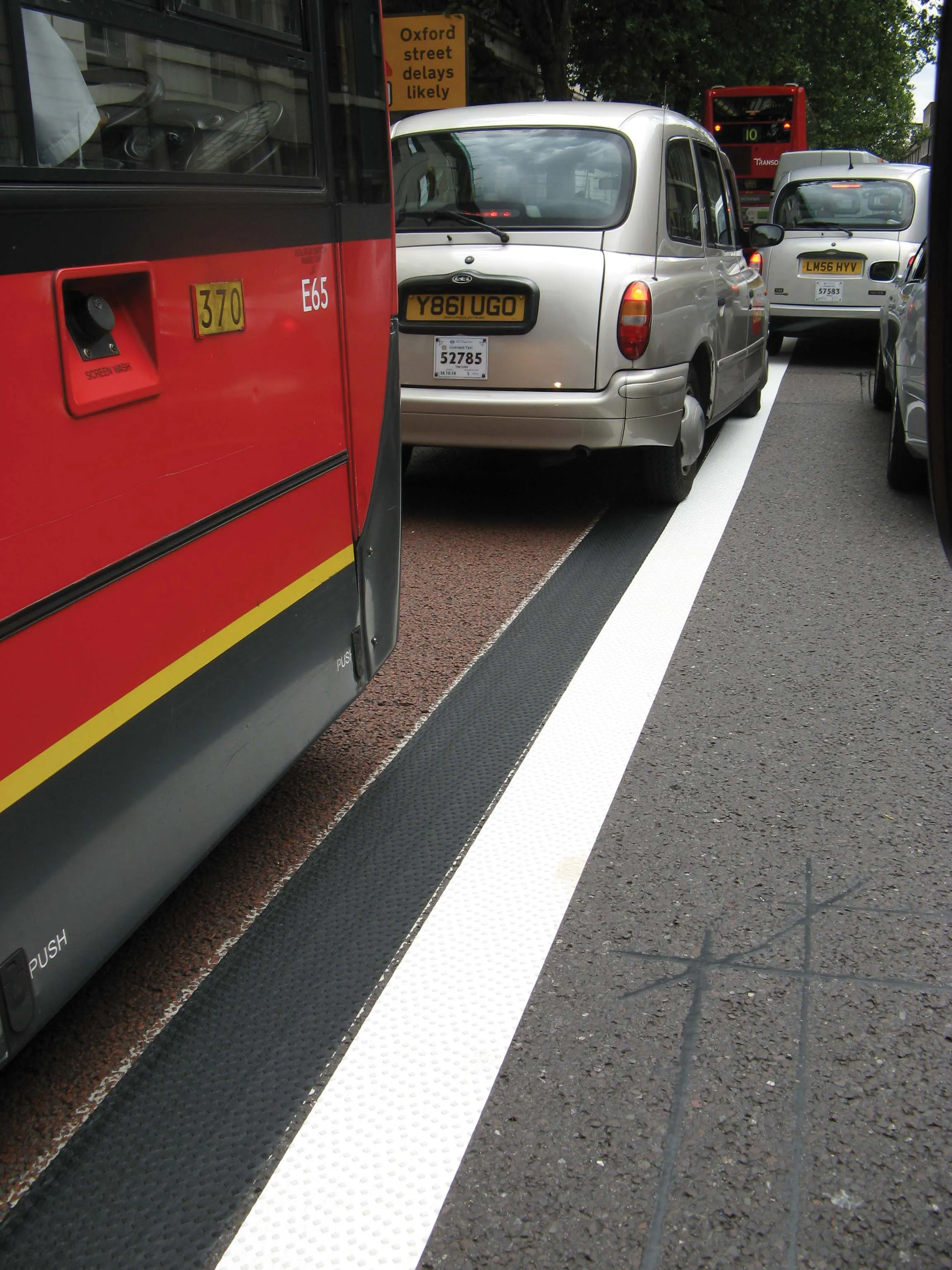Safety campaigners in the UK have reacted with concern following the release of a study showing 53% of drivers tailgate while travelling at speed on motorways. There has been an increase in the problem of tailgating over the last seven years since a similar study was carried out, showing 49% of drivers were guilty of this dangerous practice. The study was carried out jointly by road safety body Brake and insurance firm Direct Line. Men are particularly likely to tailgate, with the study revealing 30% of mal
April 25, 2012
Read time: 2 mins
Safety campaigners in the UK have reacted with concern following the release of a study showing 53% of drivers tailgate while travelling at speed on motorways. There has been an increase in the problem of tailgating over the last seven years since a similar study was carried out, showing 49% of drivers were guilty of this dangerous practice. The study was carried out jointly by road safety body 3963 Brake and insurance firm 3962 Direct Line.
Men are particularly likely to tailgate, with the study revealing 30% of male drivers do this at least once/week. According to Brake, the study reveals the risk of increasing the speed limit allowed on the UK’s motorways from the current 112km/h to the proposed 128km/h. At 128km/h, stopping distances are around 122m, some 27% greater on average than the 96m required at 112km/h. This means that drivers travelling at 128km/h are less able to stop in time in an emergency. However, it is worth noting that the problem of tailgating is by no means restricted to the UK. Drivers in many (and arguably, most) countries have no concept of the risks involved in driving too close to the vehicle in front.
In developing nations with the highest road accident rates, tailgating is common place. Even in Germany for example where safety standards are reasonably good, some stretches of autobahn still have no upper speed limits and it is common practice for fast travelling vehicles to pull up very close behind to those in front to ‘encourage’ them to pull over at the next possible opportunity. Tailgating at speeds in excess of 160km/h is neither unknown nor uncommon in Germany, which can be alarming for foreign drivers from other countries using the autobahn network who may be unfamiliar with the practice.
Men are particularly likely to tailgate, with the study revealing 30% of male drivers do this at least once/week. According to Brake, the study reveals the risk of increasing the speed limit allowed on the UK’s motorways from the current 112km/h to the proposed 128km/h. At 128km/h, stopping distances are around 122m, some 27% greater on average than the 96m required at 112km/h. This means that drivers travelling at 128km/h are less able to stop in time in an emergency. However, it is worth noting that the problem of tailgating is by no means restricted to the UK. Drivers in many (and arguably, most) countries have no concept of the risks involved in driving too close to the vehicle in front.
In developing nations with the highest road accident rates, tailgating is common place. Even in Germany for example where safety standards are reasonably good, some stretches of autobahn still have no upper speed limits and it is common practice for fast travelling vehicles to pull up very close behind to those in front to ‘encourage’ them to pull over at the next possible opportunity. Tailgating at speeds in excess of 160km/h is neither unknown nor uncommon in Germany, which can be alarming for foreign drivers from other countries using the autobahn network who may be unfamiliar with the practice.









